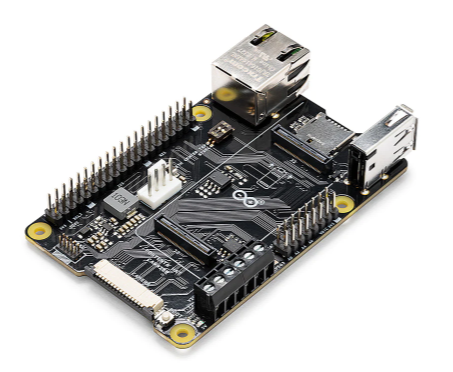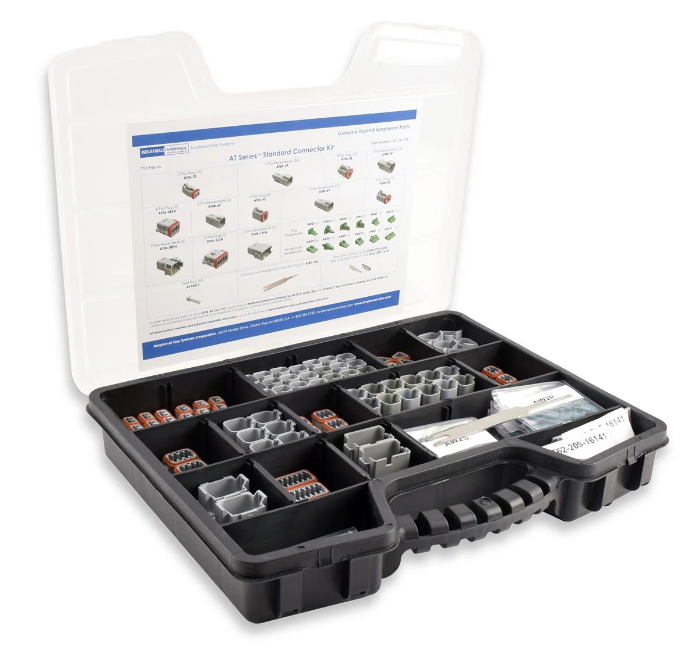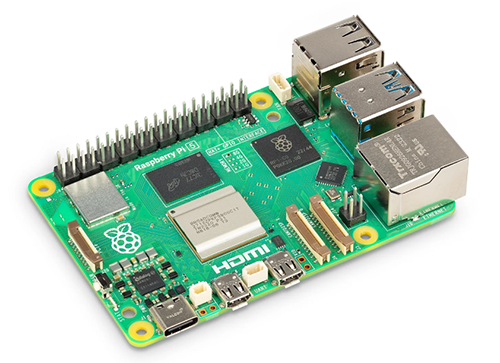Stretchable inks: all essentials for producing stretchable printed electronics
Among the emerging areas for Printed Electronics (PE), wearables and automotive industries are rapidly adopting this technology on a commercial scale.
Steve Paschky, Managing Director - Sales & Marketing at SARALON further explores.
These sectors are heavily investing in PE due to its several advantages mainly:
- PE supports invisible electronics
- PE eliminates the complexities of bulky electronics integrations
- PE allows direct printing on lightweight substrates, leading to substantial weight reduction
Stretchable electronics: a significant driver of Printed Electronics industry
The transformative impact of PE is not only due to enabling experimentation with various ink materials and functionalities, but also encouraging the use of diverse substrate materials. More specifically in the wearables and automotive sectors, electronics printing on stretchable substrates is highly desirable:
- Stretchable electronics easily flex to fit complex car interior geometries.
- They offer excellent conformity to the human body ideal for health monitoring wearables and medical patches
- Fully integrated PE on textiles offer comfort and movement flexibility in smart garments
- They adopt easily to 3D shapes or thermoformed in the IME process perfect for automotive electronics
To support these needs, Saralon GmbH has developed all the essentials for producing stretchable Printed Electronics.
Stretchable Saral Inks include Silver, Carbon-based and non-conductive inks for different stretchable and bendable substrates. On ink targets textile materials by containing larger silver particles to reduce unwanted permeation; the other is designed for printing on paper and thus doesn’t require high-temperature curing. Stretchable Saral Inks are formulated to adhere to various substrates such as TPU, PC, PET, textile, paper, and other elastic or bendable materials.
Stretchable Saral Inks: an inclusive system of compatible stretchable inks
Stretchable Saral Inks can be printed on top of each other, allowing for integrated printing in diverse combinations and stretchable overlays for healthcare and sports wearables, smart textiles, stretchable heaters, 3D smart objects, and high resistance stretchable Printed Electronics:
- Saral StretchSilver 800: for TPU and other plastics such as PC for thermoforming and IME
- Saral StretchSilver 500: solvent-based stretchable conducting ink for textiles and other rough substrates
- Saral StretchSilver H2O 600: for sustainable paper and other bendable applications
- Saral StretchCarbon 100 for low-conductive bendable electronics (e.g. heaters)
- Saral StrecthDielectric 100 for encapsulation and protection of conductive layers
- Stretchable EL ink set for stretchable electroluminescent on TPU (e.g. wearables, security or promotional textile applications)
Full compatibility of Saral Inks is guaranteed leading to significant time and cost reduction in RnD at PE developers' end.
All Saral Inks are suitable for all types of screen printing and other printing processes, e.g., flexographic printing, pad printing, dispense and gravure printing. Ink adjustments based on request is also possible to meet the specific demands of innovative projects.
Next, let’s move on to a brief overview of each ink, their properties, and target applications.
Saral StretchSilver 800: solvent-based stretchable conducting ink for direct printing on TPU and other plastic stretchable surfaces. When printed on TPU and dried at 120°C for 10 min, it shows a good initial sheet resistance of 30 mΩ/sq/25 μm and very good adhesion on the surface.
Printed Saral StretchSilver 800 conductive ink on PC withstands high temperatures, pressure, and elongation during the thermoforming process. This simplifies the fabrication of highly customisable and conformal 3D electronics for HMI applications e.g., in automotive and white industries.
As the demand for IME continues to grow, manufacturers are looking for innovative ways to create products that meet both functional and aesthetic requirements. Presenting stretchability and thermoformability properties, SaralStretch Silver 800 offers greater design flexibility, easier electronics integration in 3D shapes and complex geometries, and significant weight and cost reduction due to the elimination of bulky conventional wiring systems. Compatibility with our screen-printable conductive adhesive – Saral SilverGlue Alpha 600 – makes it easy to apply SMD components on TPU/PC substrates and create stretchable/thermoformable hybrid electronics.
Saral StretchSilver 500: solvent-based stretchable conducting ink specifically designed for textiles and other rough surfaces. When printed on knitted fabric of PET/EL blend and dried at 120°C for 10 min, the initial sheet resistance is 25 mΩ/sq/25 μm. Bigger silver particle size in this ink prevents its penetration into the porous surface, resulting in good conductivity preservation upon stretch and after tension release. Performance tests conducted by STFI (Renown independent textile research institution in Saxony) benchmarking Saral StretchSilver 500 against an alternative stretchable ink available in the market indicated its superior properties in terms of stretchable conductivity, controllable printing thus process reliability and reproducibility.
This ink is the optimised solution for smart textiles in sport, therapeutical, protective garments and other innovative applications.
Saral StretchSilver H2O 600: water based stretchable conducting ink developed to withstand creasing lines in paper electronics thus doesn’t require high-temperature curing. Direct printed on paper and dried at 120°C for 2 minutes in oven, the ink shows a good sheet resistance of 40 mΩ/sq/25 μm.
This ink is the specialty solution to the growing demand for more sustainable non-solvent and paper-based print applications.
Due to its low temperature curing and bendability characteristics (creasing lines), Saral StretchSilver H2O 600 is ideal for paper-based and disposable electronics – smart labels for track-trace and logistics monitoring, medical applications e.g. lab-on-a-chip for diagnostics, diabetes sensors, etc
Saral StretchCarbon 100: solvent-based stretchable carbon ink suitable for direct printing on different substrates such as TPU or bendable plastics. Characterised with high sheet resistance of 100 Ω/sq/25 μm (printed on PET and dried at 120°C for 5 minutes in oven), this ink is a promising candidate for stretchable electronic devices including resistors, sensors, or heating elements. Examples of such applications are wearables for sweat (moisture) sensing, heating bandages, and smart sportswear.
Saral StrecthDielectric 100: solvent-based stretchable insulating ink for protecting stretchable conductive layers.
Saral StrecthDielectric 100 is fully compatible with all Saral Inks therefore smoothly printable on top of and in combination with any of our silver- or carbon-based stretchable inks on paper, plastic, or textiles.
After printing a transparent encapsulating layer is achieved that offers additional protection e.g. for electronic wearables. Recommended drying temperature is 120°C for 5 minutes.









